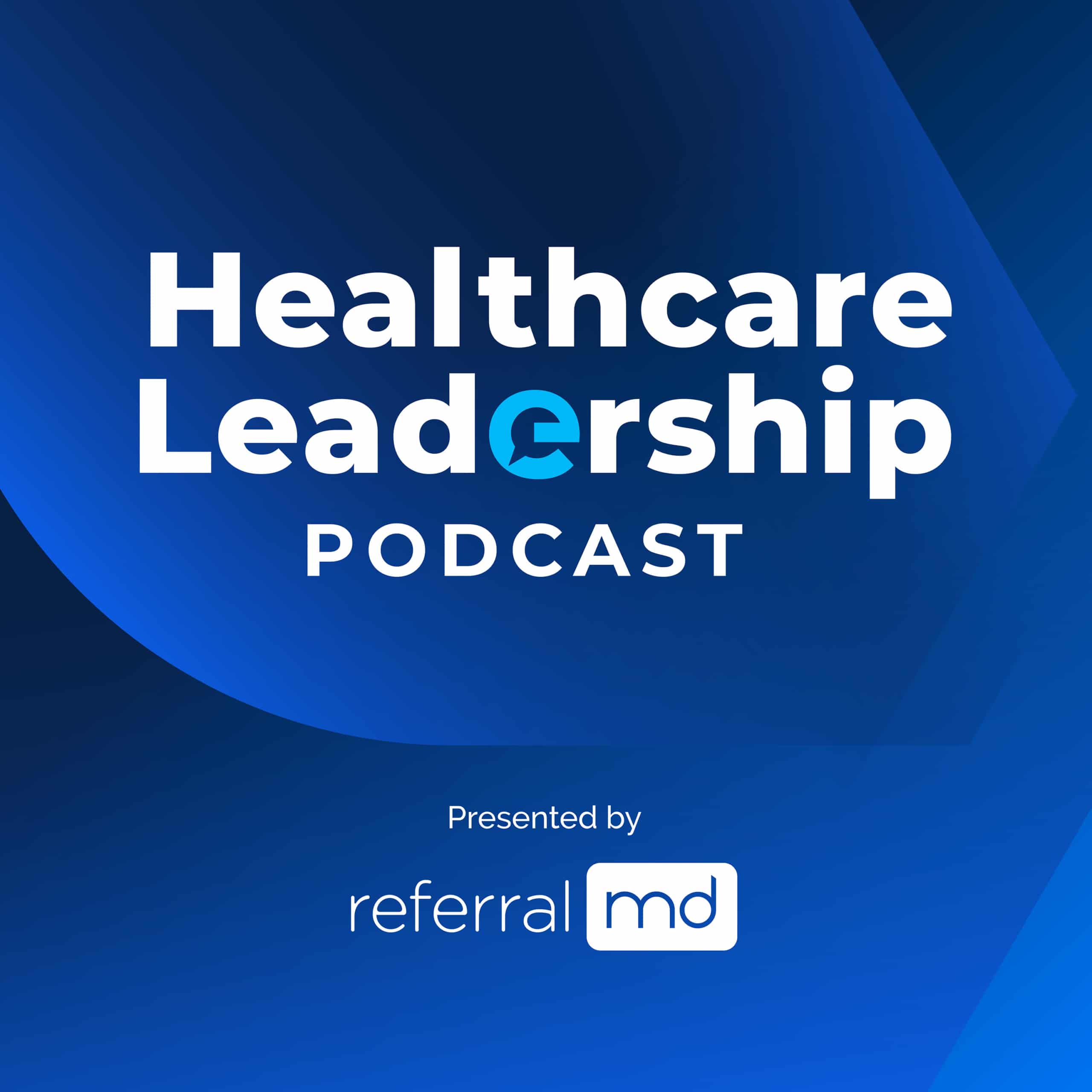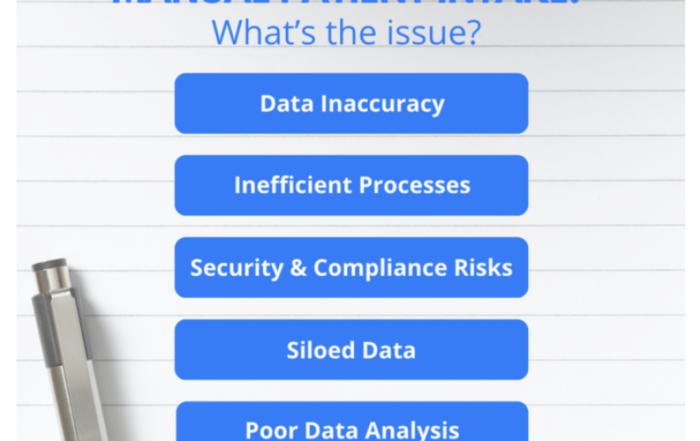This past year has been challenging for everyone. However, it can’t be overstated just how much of this challenge has been tackled by healthcare and frontline (essential) workers. They have been at the front line of the public health response, and as such, have taken on more risk than perhaps any other sector of the population. We owe a debt of gratitude to these essential workers. Many states have taken to implementing additional legal protections for their healthcare workers. However, these aren’t all-encompassing, and it’s important to understand what the limitations are. We’re going to examine a few key areas that will highlight a few of the legal protections for healthcare workers.

Image Source: Pexels
These risks associated with the pandemic have come from various sources, not just direct transmission or directly related to the virus. Healthcare facilities have been under immense pressure, not to mention that inconsistent messaging from official sources and misinformation has sown distrust amongst the public. This means that the scope for potential legislative issues facing healthcare workers has expanded. As with any emergency, it is only right that those in the front line should receive robust protections as a result.
Liability
One of the enduring concerns that all healthcare workers have is that, inevitably, mistakes will be made. Healthcare workers are currently dealing with the intense pressure, elevated expectations, and new treatments that a pandemic brings. Not to mention that one of the results of COVID-19 is that staff are being expected to work additional and longer shifts, increasing the potential for exhaustion. As such, it’s an unfortunate reality that we may expect more errors to be made, which — aside from the emotional cost to healthcare workers — can give rise to liability lawsuits.
When it comes to the limitations on such suits, it is generally the case that each state will have its own standards and requirements. There is no uniform federal legislation in this area. However, it’s important to note that many states have had laws that cover malpractice during a state of public emergency for some time before our current pandemic. In some cases, only civil immunity is provided, though others include criminal immunity. All such immunities are on the proviso that they are not the subject of willful negligence. Also, as part of the Coronavirus Aid, Relief and Economic Security (CARES) Act, section 3215 allows for a limitation of liability under Federal and State Law for health care professionals who cause harm in the “provision of health care services during the public health emergency with respect to COVID-19.”
That doesn’t mean to say that there is a carte blanche on all errors. Though healthcare professionals may still be subject to the strains and pressures of their COVID-related duties, mistakes made outside of those tasks can still fall under regular malpractice laws. If a fatigued doctor misdiagnoses an illness due to negligence — such as a heart attack as indigestion, or Lyme disease as flu, both of which are common — they may still fall foul of a lawsuit. Therefore healthcare workers need to review how their activities affect all areas of their work, not just those directly connected to COVID.
Risks of Infection
Healthcare workers have a role to play in the ongoing fight against not just COVID-19 but all viruses. In particular, nurses contribute beyond the direct methods of virus treatment, apply their vital expertise toward contact tracing, educate vulnerable members of the population, and conduct research in some cases. Healthcare workers tend to hold a respected place in their communities, allowing them to connect with influential civic, social, and religious leaders. However, throughout the course of their duties, they also put themselves at extended risk of infection due to increased exposure.
This is important to understand from a legislative perspective as exposure to COVID-19 may well result in the need for healthcare workers to take time off work, with the potential for loss of earnings. In the worst-case scenarios, death or long-term medical consequences can also leave families without income. Workers’ compensation schemes are — as with much else — legislated on a state-by-state basis, and it’s often difficult to prove that an illness is work-related. That said, as of September 2020, 17 states had extended workers comp legislation to define COVID-19 as a work-related illness. However, there are often limitations here, with Utah, Minnesota, and Wisconsin all restricting compensation to professional health and first response workers.
So, where does this leave volunteer healthcare workers? After all, while they are not paid professionals, they are still undertaking risky activities. The good news is that most states that have issued calls for volunteers under a state of emergency are including them under workers comp schemes for those orders’ duration. However, it varies who is responsible for this. Some are directing claims toward the department of health. Others require applications to the host city or even the specific facility workers are assigned to.

Patient Behavior
Perhaps the most prevalent behavioral issue currently is patients’ refusal to wear masks. Even though masks can significantly reduce infection, some patients abstain for largely political reasons or due to widespread misinformation. While there is a moral obligation to treat all patients, this behavior puts other patients and healthcare workers at additional risk.
So is there a legislative basis for refusing care until patients agree to wear a mask? If professionals are not operating in an emergency room, and it is a private facility, there is the legal right to refuse service. However, this raises further problems that the patient may attend a public health facility that cannot legally refuse service on this basis. These public facilities may be busier, which in turn could put more people at risk. Therefore workers and facilities need to consider the ethical issues alongside the legal issues.
High emotions and stress as a result of the pandemic can also result in abuse. If patients act in ways that are violent or abusive to healthcare professionals, there is the right to refuse care as long as the conditions don’t fall under the Emergency Medical Treatment and Labor Act. However, care must still be taken to ensure that the refusal of treatment is justified, doesn’t directly cause the patient harm, and is documented thoroughly.
Conclusion
Healthcare workers are putting themselves at increased risk during this pandemic. This is not just from a medical perspective, but a legislative one too. Workers — full-time and volunteer alike — must familiarize themselves with the legal protections in place for their activities and the limitations that they should be wary of.











